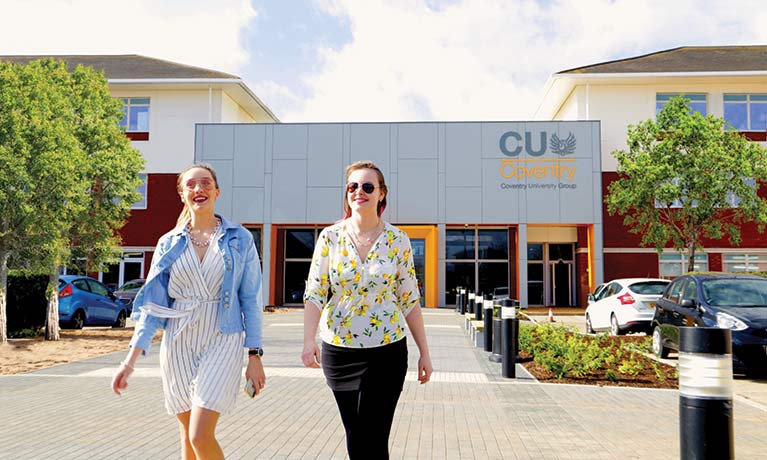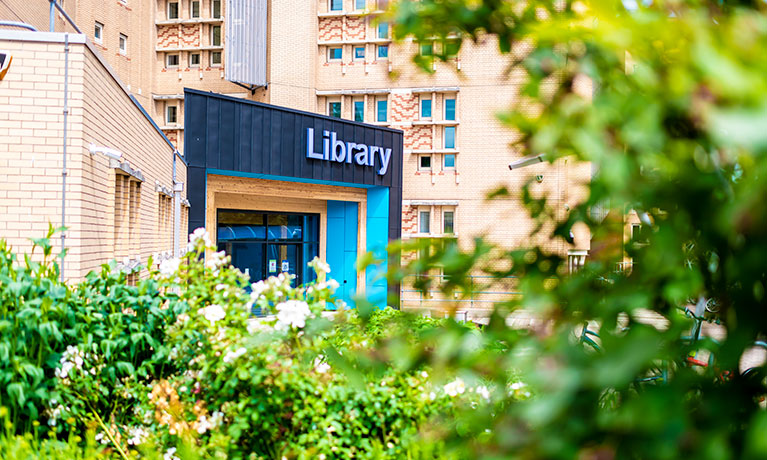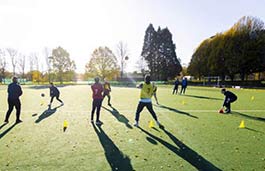Search
Sport and Exercise Psychology BSc (Hons) with foundation year
Study level: Undergraduate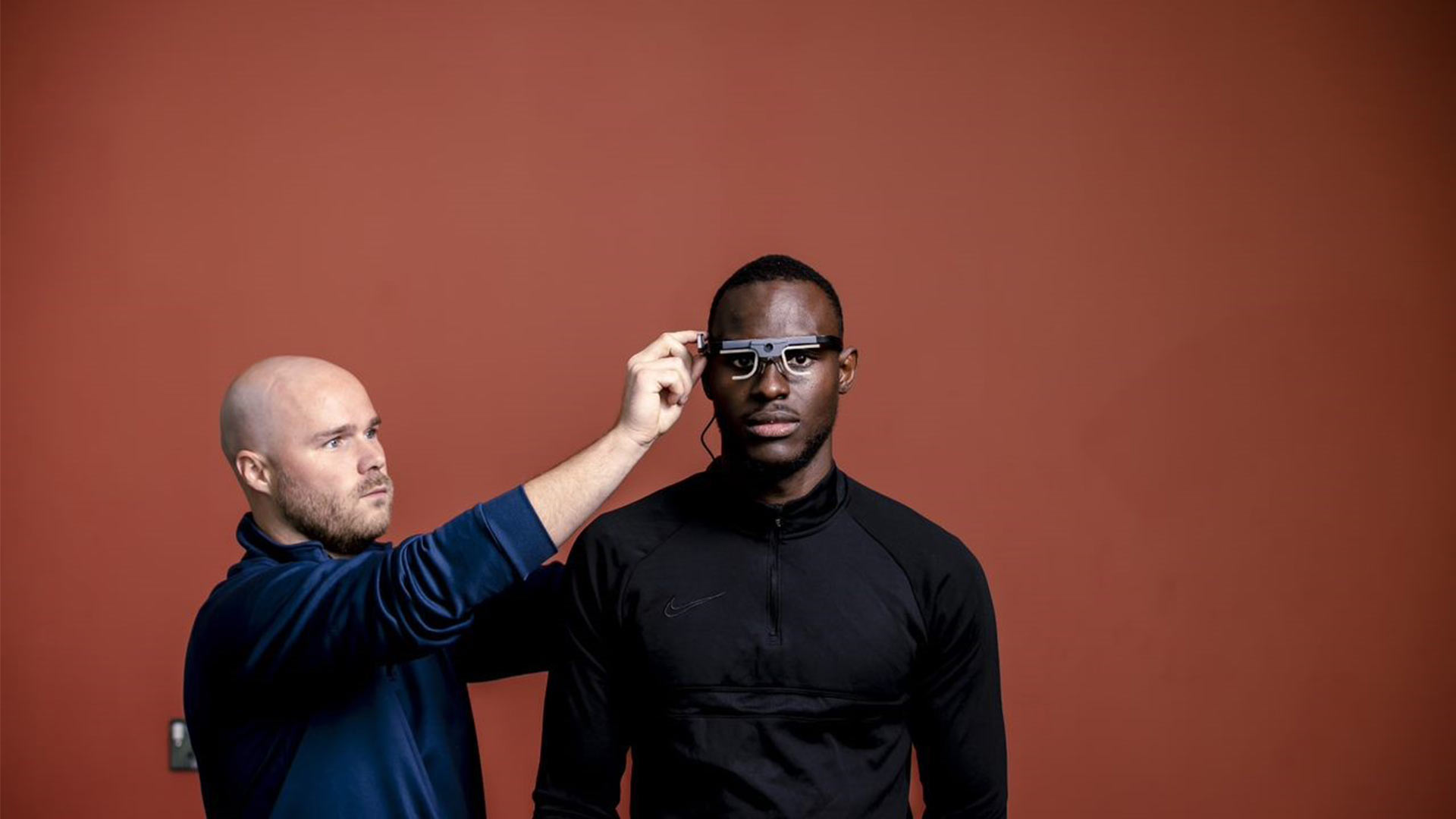
This distinctive course demonstrates applications of psychology to sport, exercise and broader global contexts.
Course option
Year of entry
Location
CU Coventry (Coventry) and
Coventry University (Coventry)
Study mode
Full-time
Sandwich
Duration
4 years full-time
5 years sandwich
UCAS codes
CSDF
Start date
September 2025
November 2025
The information on this page is for 2024-25 entry and should be used as guidance for 2025-26 entry. Please keep checking back on this course page to see our latest updates.
Course overview
Our degree with foundation year could be the stepping stone you need to achieve your goals. The foundation year aims to prepare you for degree-level study and is a great way to build the confidence, skills and knowledge needed to succeed on your degree course.
Foundation year
The foundation year course offers an introduction to your chosen subject and helps you develop the necessary skills for degree-level study. In addition, you will also explore key skills such as research methods, scientific fundamentals and promotion techniques.
Degree
The aim is to provide a holistic understanding of psychological perspectives and their real-life application to sport and exercise environments (e.g. physical activity to promote mental health).
The course includes theory, research, and applications of psychological perspectives, methods, and interventions in global contexts of sport and exercise. This is supplemented by the development of professional levels of transferable, practical and cognitive skills. The aim is to enable graduates to attain the skills and knowledge to confidently progress to their chosen career path in an international arena.
- You will develop critical awareness and understanding of the core BPS (British Psychological Society) curriculum. A thematic approach includes specialised and contemporary content across a range of sport and exercise settings eg perspectives in sport and exercise, from the origins to future sport and exercise psychology, multiagency sport and exercise psychology, applied sport and exercise psychology, neuropsychology in sport and exercise. mental health and wellbeing, psychology of popular culture, professional practice.
- The course provides a broad and varied educational experience to optimise learning and engage you in experiential learning across a range of international contexts.
- The course also includes methodological and analytical research skills to conduct ethical scientific investigations in psychology.
Joint Top Modern University for Career Prospects
Guardian University Guide 2021 and 20225 QS Stars for Teaching and Facilities
QS Stars University RatingsTop 5 UK Student City (Coventry)
QS Best Student Cities Index 2023Why you should study this course
Foundation year
- Supports you to gain the academic skills required for degree-level study.
- Provides a grounding in key areas of health, education, psychology and wellbeing.
Degree
- You will have the opportunity to gain a critical appreciation of how forensic psychology can be applied to real world questions, cross-cultural and diverse situations across global contexts.
- Focus on employability: developing transferable, practical and cognitive skills (e.g., critical analysis, problem solving, and leadership) with the aim of putting you in an excellent position to secure postgraduate education or employment in an increasingly competitive graduate education and job market.
- Collaborative Online International Learning (COIL) projects enhances international awareness through multi-cultural communication and peer interaction at participating institutions (subject to availability).
- Opportunities to participate in exciting field trips2 to a range of overseas destinations, which have previously included the United States.
Accreditation and professional recognition
The degree is accredited1 and recognised by the following bodies:

The British Psychological Society
This course is accredited1 and recognised by the British Psychological Society (BPS) for the 2023/2024 intake. If the accreditation of this course changes, we would seek to notify applicants and students as soon as possible. Current accreditation by the British Psychological Society means that as a graduate, provided you achieve at least a 2:2, you will be eligible for the Graduate Basis for Chartered Membership (GBC). Additional costs may apply. Please check with the membership body for details.
Lots of time available with the course’s friendly and helpful teaching staff who are all enthusiastic in presenting an innovative range of content in a variety of engaging learning activities. The course has an interesting range of assignments that test more than just essay writing ability and provide students with a useful breadth of vocational skills.
Christopher Merriman, Sport and Exercise Psychology BSc (Hons) student, June 2022

What you'll study
We regularly review our course content, to make it relevant and current for the benefit of our students. For these reasons, course modules may be updated.
How you'll learn
This course is taught using a mixture of lectures, group seminars and practical, ‘hands-on’ skills workshops. Core course content will be delivered during the lectures, while seminars and workshops offer opportunities for you to explore topics more independently, receive guidance on coursework assignments, begin to apply your knowledge and develop your academic and transferable skills.
The course is suited to you if you wish to gain an excellent grounding in theory, research, and innovative application of Sport and Exercise Psychology. You will understand the why and how of human behaviours by investigating people’s thoughts, feelings and behaviours using psychological theories and methodologies that are relevant to sport and exercise participants. Knowledge and critical analysis of theory and research is supplemented with practical skills, such as quantitative and qualitative data collection, analysis, interpretation as well as a broad range of transferable employability skills.
Dr Luke Sage, Course Director in Sport and Exercise Psychology, Coventry University, 2022
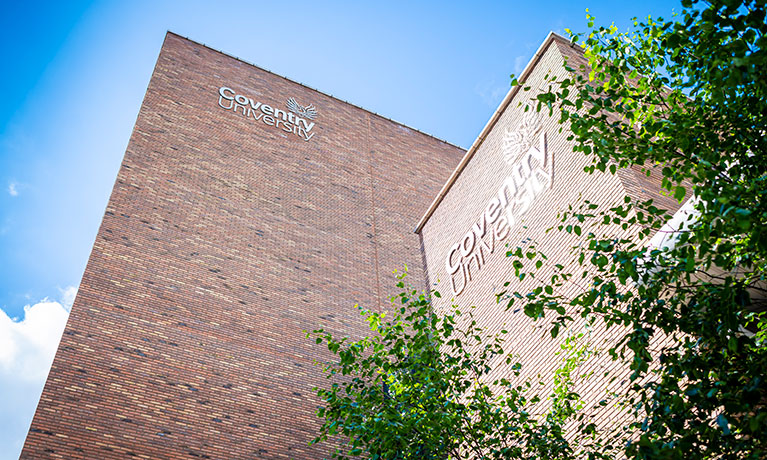
Entry requirements
Typical offer for 2024/25 entry.
Got higher grades? Have you considered direct entry to the degree without foundation year?
Fees and funding
2024/25 tuition fees.
Foundation year
| Student | Full-time | Part-time |
|---|---|---|
| UK, Ireland*, Channel Islands or Isle of Man | 2025/26 fees TBC 2024/25 fees - £7,950 |
Not available |
| International/EU | Not currently available*** | Not available |
Degree
| Student | Full-time | Part-time |
|---|---|---|
| UK, Ireland*, Channel Islands or Isle of Man | 2025/26 fees TBC 2024/25 fees - £9,250 per year |
Not available |
| International/EU | Not currently available*** | Not available |
Please note: UK (home) tuition fees for the degree course years will be charged at the current Coventry University UK (home) degree fee level. This was set at £9,250 for the 24/25 academic year.
If you choose to do a work placement2, you should consider travel and living costs to cover this. There is also a tuition fee3 of £1,250 that will cover your academic support throughout your placement year.
For advice and guidance on tuition fees and student loans visit our Undergraduate Finance page and see The University’s Tuition Fee and Refund Terms and Conditions.
Tuition fees cover the cost of your teaching, assessments, facilities and support services. There may be additional costs not covered by this fee such as accommodation and living costs, recommended reading books, stationery, printing and re-assessments should you need them. Find out what's included in your tuition costs.
The following are additional costs not included in the tuition fees:
- Any optional overseas field trips or visits: £400+ per trip.
- Any costs associated with securing, attending or completing a placement (whether in the UK or abroad).
*Irish student fees
The rights of Irish residents to study in the UK are preserved under the Common Travel Area arrangement. If you are an Irish student and meet the residency criteria, you can study in England, pay the same level of tuition fees as English students and utilise the Tuition Fee Loan.
**This course with foundation year is not currently available to international students. If you do not meet the entry requirements to directly join year 1 of the degree, please take a look at our International Pathways Programme for additional options.
Facilities
Our foundation years are taught at CU Coventry’s Mile Lane building, a short walk from the city centre. You’re part of the university from day one, so during your foundation year you’ll have access to the wider facilities at Coventry University. Once you successfully complete your foundation year, you'll transfer over to studying your chosen degree at Coventry University, where you'll be taught on campus in the relevant academic buildings.
Careers and opportunities
Our courses equip you with a range of skills and competencies that could set you apart from other graduates and make you attractive to potential employers (e.g., critical thinking, communication skills, leadership and creativity).
In addition, our ‘Enhanced Skills in Psychology Scheme’ runs alongside your degree and provides opportunities to develop your professional identity in areas such as interviewing skills, work experience and volunteering2. This enables you to submit competitive, professional applications and perform well in interview situations.
The course provides the necessary grounding to enable you to progress and be eligible to undertake further training to become a qualified psychologist pursuing a career in the community, for example, as an occupational, forensic or social psychologist; in mental wellbeing as a clinical or counselling psychologist; in physical wellbeing as a health, sport or neuropsychologist; working with children as a developmental or educational psychologist.
Our graduates are equipped with highly sought-after employability skills (e.g. transferable skills, analytical thinking, presentation skills) to embark on a career in applied psychological settings (e.g., mental health secure settings, rehabilitation centres); or complete one of our postgraduate degrees. However, the transferable skills you gain from your degree opens several options for career pathways. Our students have also become researchers, lecturers, teachers, administrators, managers and health and care professionals.
Where our graduates work
Many of our graduates have gone on to pursue postgraduate study (e.g., MSc, PhD, DClinPsy) and continued their work as practising psychologists (e.g., becoming Clinical, Forensic, Sport, Educational psychologists etc). Previous graduates have secured employment in applied and research institutions such as St Andrew’s Health Care, Victim Support and the NHS. Other graduates have also been successful in gaining positions as teaching assistants, working in human resources, becoming research assistants, and using their digital literacy skills to support in meaningful interventions in hospitals and start-up companies looking for innovative thinking.
Students who successfully complete their BSc (hons) Psychology degree with a minimum 2:2 award will normally be eligible for most MSc Applied Psychology programmes at Coventry University (e.g., MSc Forensic Psychology, MSc Health Psychology, MSc Applied Psychology, MSc Business and Organisational Psychology) and other institutions with related courses.
Students arrived at the club with an open mind as to what Bedworth United Ladies had to offer and what impact they could make to our squad, mainly the development team. With a difficult task in hand with limited numbers and a few people now always open to change, the students did an exceptional job at engaging the players and helping them think about how their psychological mindset would change their footballing experience. They were both always on time and respondent to messages when asked if available. The students were dedicated and committed to a challenging voluntary role. We would say to anyone looking for support services for their clubs to look no further that the university who have a high quality of provision for student placements and continued support throughout the whole process.
Amy Benson, former Sport Coordinator at the students' union and Bedworth United Ladies player, 2022

Graduate Immigration Route visa
Based on current information from the UK Government, international students whose study extends beyond summer 2021 may be eligible for a visa under the UK Government’s Graduate Immigration Route, which will enable students to stay and work, or look for work, in the UK at any skill level for up to two (2) years. Check the most up to date guidance available to check your eligibility and any updates from the UK Government before making an application or enrolment decision.
How to apply
You may also like
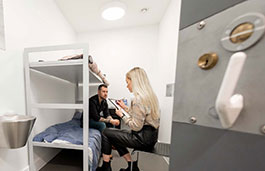
Forensic Psychology BSc (Hons)

Psychology BSc (Hons)

